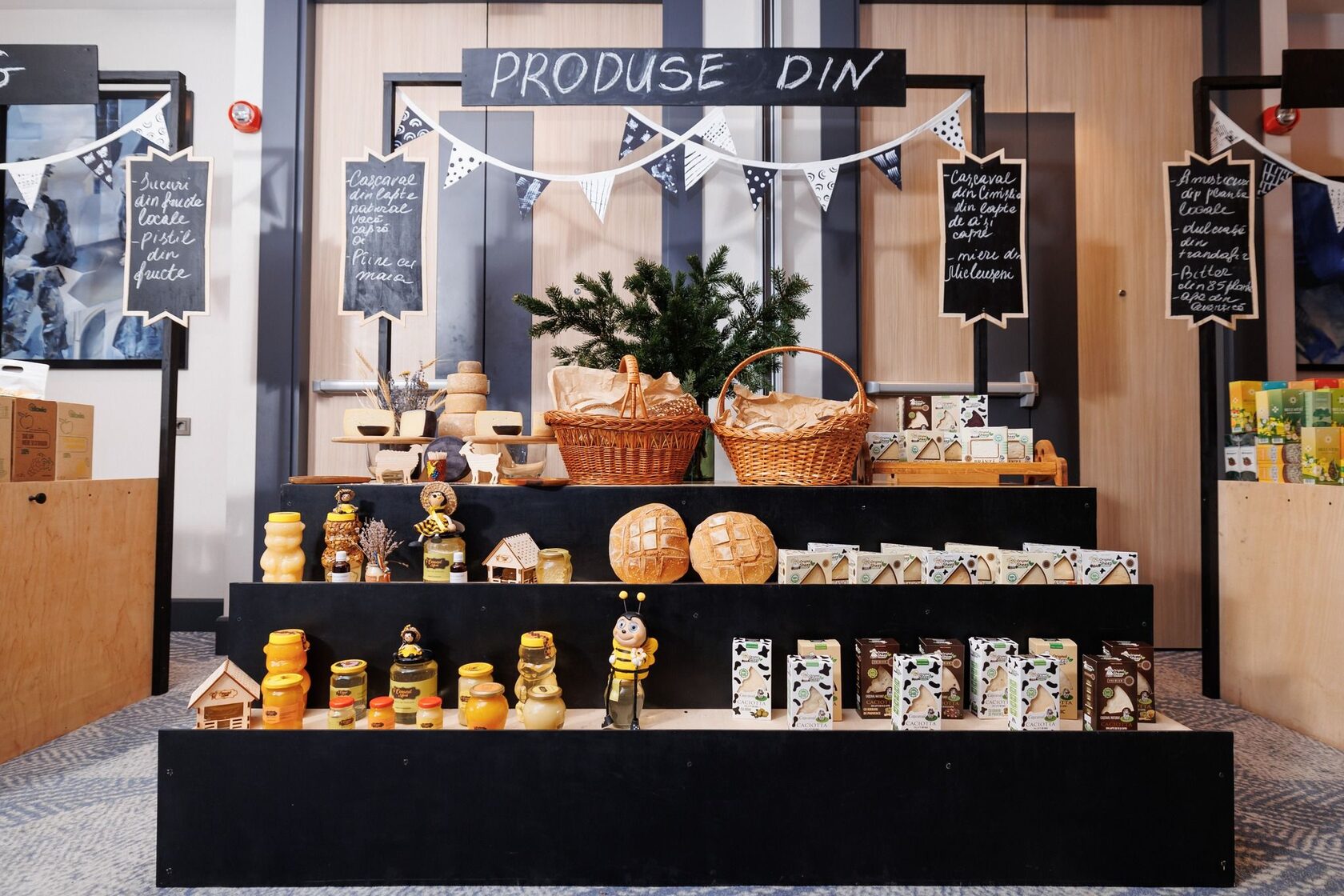Three microregions continue to receive support from UNDP and Switzerland for economic specialization. On December 18, grant certificates were awarded to nine non-governmental organizations, either managing newly created clusters or acting as members within the clusters:
- Coșnița, Criuleni, Pîrîta, Doroțcaia, and Slobozia-Dușca, specializing in rural tourism – the "Heart of the Nistru" cluster;
- Nisporeni, Valea Mare, Lozova, Dolna, Micleușeni, Cioara, Ciutești, Bălăurești, and Seliște, focusing on the cultivation and processing of medicinal and aromatic plants – the "Herbafruct" cluster;
- Cimișlia, Sadaclia, Ciucur-Mingir, Cenac, Valea Perjei, Hîrtop, Ivanovca Nouă, Gradiște, Abaclia, and Mihailovca, specializing in sheep and goat farming, as well as dairy production – the "Cimișlia-Basarabeasca" cluster.
Each beneficiary organization will receive $145,000 to implement initiatives that strengthen cluster capacities, develop value chains, and promote competitiveness through innovation. Over 50 local entrepreneurs will benefit from this support, with 400 jobs being created or improved.
"The first step towards local development is to uncover the 'hidden gems' of a region. These are sectors, or clusters, with clear potential for growth and value creation. Through the 'Resilient and Inclusive Markets in Moldova' project, we support the development of rural tourism in the Dubăsari region, the utilization of medicinal and aromatic plants in Nisporeni and surrounding communities, and the commercialization of sheep and goat milk products in Cimișlia and neighboring areas," says Guido Beltrani, Head of the Swiss Cooperation Office in Moldova.
Creating an economic cluster involves the specialization of local economies, improving the efficiency of activities that residents are skilled at, and consolidating diverse expertise, local perspectives, and shared goals.
"This approach enables transformative results: decent jobs and the growth of local businesses. Switzerland and UNDP will support cluster testing in three microregions to demonstrate its impact," says Daniela Gasparikova, UNDP Resident Representative in Moldova.

Thanks to the grants awarded, processors in the "Cimișlia-Basarabeasca" sheep and goat cluster will benefit from milk processing and storage equipment. Additionally, the animal genetic stock will be improved by acquiring more productive breeds, and the living and feeding conditions for the animals will be enhanced.
Plans also include launching a feed production factory and testing ecological fertilization methods using animal manure.
In the "Herbafruct" micro-cluster, new technologies for processing medicinal and aromatic plants, as well as fruits, will be implemented, and the cultivation areas for high-value medicinal and aromatic plants will be expanded.
The "Heart of the Nistru" tourism micro-cluster will see an expansion of accommodation capacity in the region, with new tourist services and entertainment activities to be developed. Existing cycling routes will be upgraded, and beaches will be equipped with new facilities. There are also plans to develop a mini factory for artisanal cheese production, as well as a fish restaurant and an adjacent fish farm.
As a result, each cluster will receive a total of $435,000, increasing the initial support announced by the "Resilient and Inclusive Markets in Moldova" project, which was initially set at $400,000.
The beneficiary clusters were selected through a public competition in April 2023.
The "Resilient and Inclusive Markets in Moldova" project aims to boost local economic development and resilience in communities by supporting local entrepreneurship, increasing investments, and creating decent jobs for locals, particularly youth, women, people with disabilities, returning migrants, and refugees.